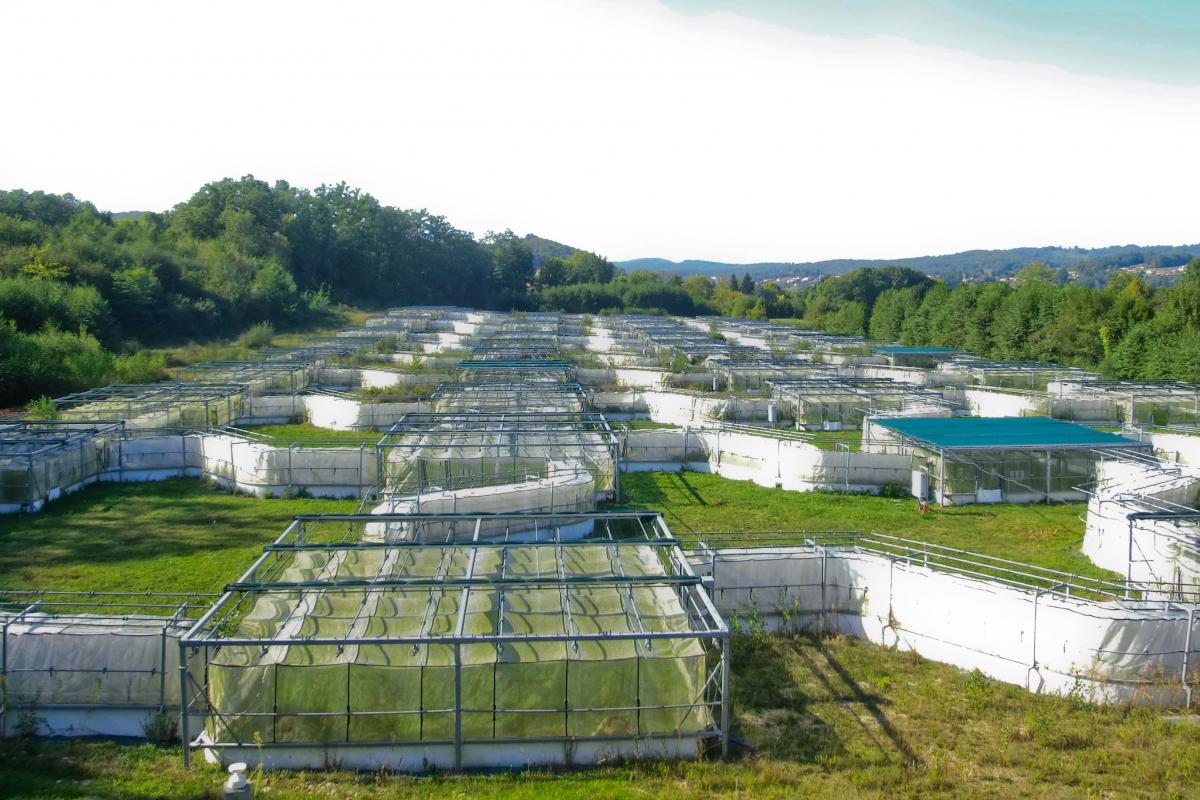Welcome Julien Cote - new SE
Submitted by editor on 21 April 2017.
 We have the great pleasure to welcome Julien Cote, University of Tolouse, France, to our Editorial Board. Get to know him on his website http://www.juliencote.fr/ and in the interview below:
We have the great pleasure to welcome Julien Cote, University of Tolouse, France, to our Editorial Board. Get to know him on his website http://www.juliencote.fr/ and in the interview below:
What's you main research focus at the moment?
I currently study the impacts of climate change at the individual level (phenotypic changes), at the population level (population and metapopulation dynamics) and at the community level (gut microbial community, prey-predator interactions). I further try to understand how these levels are interconnected and how these interconnections can be modified in warmer climates. As I perform warming experiments over successive generations (http://themetatron.weebly.com/) and measure phenotypic variation (behaviour, melanism and thermal preferences) and life history traits (dispersal, survival, growth), I can also study the respective influence of dispersal, selection and phenotypic plasticity into the adaptation to climate change. While I mostly work on lizards, I also work on fish, birds, damselfly, ciliates, and any other species depending on the research question.
 Photo:Elvire Bestion
Photo:Elvire Bestion
Can you describe your research career?
After a master program working mainly on eco-physiology of stress and carotenoid-based coloration, I did my PhD studies at the University Pierre and Marie Curie (France) on dispersal and social information in lizards with Jean Clobert and Patrick Fitze. After defending my PhD in 2006, I did a one-year post-doc at the University of Burgundy (France) with Gabriel Sorci and Bruno Faivre on the immune activation and antioxidant activities in zebra finches. Then, from 2007 to 2011, I did a post-doc at UC Davis with Andy Sih on the link between personality traits and the spread of invasion in mosquitofish. Since 2011, I am a researcher at the University of Toulouse 3 (France).
How come that you became a scientist in ecology?
I always enjoyed the inventive aspect of sciences from developing new ideas to building experimental systems and design to test these ideas. It gives the opportunity to merge concepts and practicality. That’s the reason why I chose science. I could have chosen chemistry, maths and physiology. I chose ecology for several reasons. Among them was the integrating dimension of ecology. I like using different approaches to answer a single question. In ecology, I had the chance to work on various disciplines such as physiology, maths, genetic, microbiology or behaviour. The downside is that you are never an in-depth specialist, but you can tackle questions from different angles.
What do you do when you're not working?
Among my favorite activities are going to art museums, cooking, non-scientific reading and hiking in the Pyrenees.